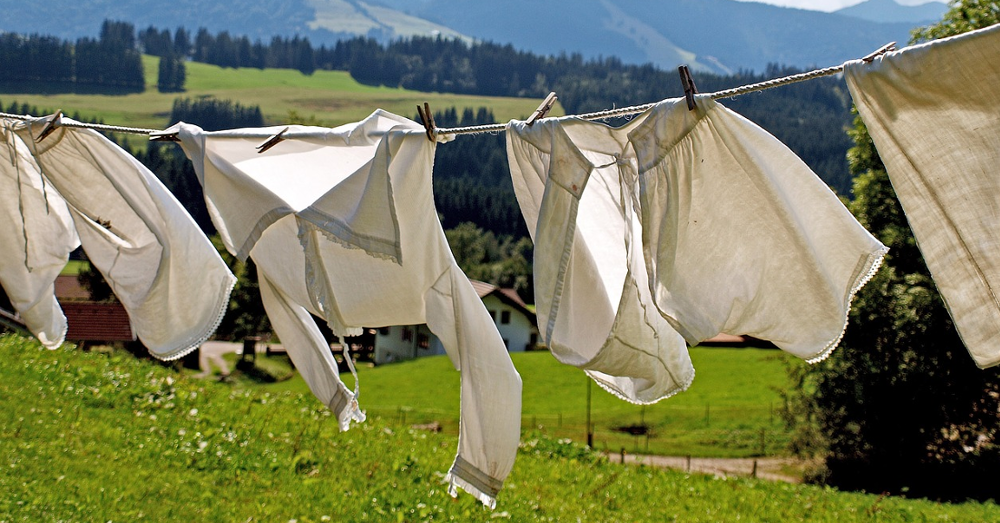
You Can Help Save the Environment by Wearing Eco-Conscious Clothing
When you reach into the closet and choose your clothes or scour the racks at your favorite retailer, the choices you make have an impact on the environment.
Jeans manufactured in the USA or made to fair trade standards, organic cotton T-shirts, and sweaters that can be washed in cold water and hung to dry are far gentler on the Earth than clothing manufactured in sweatshops overseas from chemical-laden fabrics.
March 15, 2017 | Source: The Good Men Project | by Fix.com
When you reach into the closet and choose your clothes or scour the racks at your favorite retailer, the choices you make have an impact on the environment.
Jeans manufactured in the USA or made to fair trade standards, organic cotton T-shirts, and sweaters that can be washed in cold water and hung to dry are far gentler on the Earth than clothing manufactured in sweatshops overseas from chemical-laden fabrics.
Opting for a “green” wardrobe means paying close attention to fabrics, countries of origin, and laundering requirements, and considering how to dispose of clothes that are torn or no longer trendy.
The decision to emphasize environmental sustainability in your wardrobe is easier than ever. Here are some tips to get started.
Choose eco-friendly fabrics: A quick look at clothing labels offers a lot of information about the fabrics used to manufacture a piece of clothing.
Common sustainable fabrics include hemp and bamboo. Both are fast-growing and rapidly renewable. Soy textiles are made from the by-products from the manufacturing of tofu and soybean oil. The waste product produces textiles that are soft and drape like silk.
When it comes to eco-friendly fabrics, clothing made from organic cotton is probably the most popular option.
Manufacturing conventional cotton is a chemically intense process. It takes about one-third of a pound of chemicals to manufacture enough cotton for a single T-shirt. Most of the chemical fertilizers used to grow cotton are known carcinogens.
